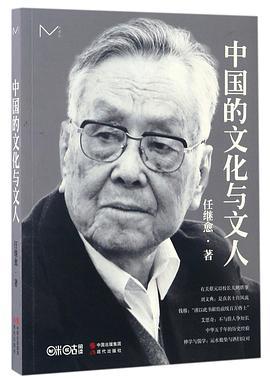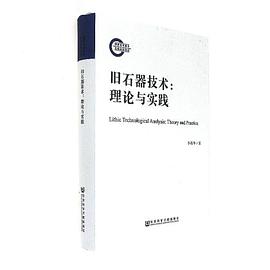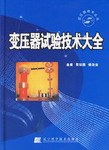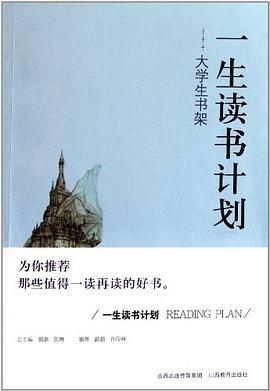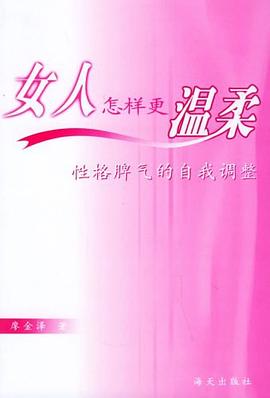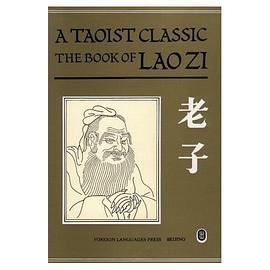

具體描述
The Taoist Classic, the Book of Lao Zi also known as Dao De Jing (The Way and Its Virtue), is said to have been written by Lao Zi in the late Spring and Autumn Period (770-476 B.C.). The book contains a wealth of dialectic thinking. It interprets the changes of all things in the universe with its Tao (the Way). It advocates contentment with the existing status quo and holding few desires and 'a return of human society to the primeval state characterized by a small nation and a sparse population. The philosophy propounded in The Book of Lao Zi occupies an important position in the history of Chinese thought, for it has influenced Chinese philosophers of the succeeding periods to varying degrees. Since the Han Dynasty, well over a thousand scholars have made annotations to the work, which is very unusual for ancient Chinese books. The book consists of eighty-one chapters, each of which is preceded by a synopsis of its content, and an index of themes.
著者簡介
Ren Jiyu (born 1916)
A graduate of the Beijing University Philosophy Department Liberal Arts Research Institute, Ren Jiyu has served as a professor at Beijing University, a research fellow at the Chinese Academy of Sciences World Religions Research Institute and as a teacher at the Chinese Academy of Sciences Graduate School over the course of a long and distinguished career. For decades absorbed in the study of Buddhism, Confucianism and Taoism, Ren is the author of a number of works on Chinese philosophy and religion including The History of Chinese Philosophy (in 4 volumes) and Collected Essays on Chinese Buddhism, and the chief editor of The History of Chinese Taoism, The History of Chinese Buddhism (in 8 volumes), A History of the Development of Chinese Philosophy (in 7 volumes), A Dictionary of Religion and Zhong Hua Da Zang Jing: The Complete Buddhist Canon (Chinese edition, 45 volumes published out of a planned 200-volume set).
圖書目錄
讀後感
我印象中,道德经说是一本纲领性的读物 为啥说纲领呢,他其实就是再告诉你什么是道,以及道的表现是什么 这个东西吧,普通人看不懂的,就好比说太极拳四两拨千斤一样,你知道是这么个的道理,然而你是还是做不到,唯有得了真传实学的门人,在经过学习实作之后才反过头来看,知...
評分如题,这是第22章的句子, 曲则全,枉则直,洼则盈,敝则新,少则多,多则惑。 是以圣人抱一为天下式。 不自见,故明;不自是,故彰;不自伐 ,故有功;不自矜,故长。 夫唯不争,故天下莫能与之争。 古之所谓「曲则全」者,岂虚言 哉!诚全而归之。 最喜欢这一章。最喜欢...
評分我印象中,道德经说是一本纲领性的读物 为啥说纲领呢,他其实就是再告诉你什么是道,以及道的表现是什么 这个东西吧,普通人看不懂的,就好比说太极拳四两拨千斤一样,你知道是这么个的道理,然而你是还是做不到,唯有得了真传实学的门人,在经过学习实作之后才反过头来看,知...
評分某人在其MSN的TITLE上使用了《道德经》中这句“孰能浊以止?静之徐清;孰能安以久?动之徐生。保此道者不欲盈,夫唯不盈,故能敝而新成。” 问他知道什么意思么,结果等来了一句意料之中的从网上搜出来的答案——在我眼中惨不忍睹的荒谬译文: 谁能够在浑浊中安静下来,慢慢...
評分在豆瓣开了一个专栏,主要写投资与自我管理方面,欢迎关注:http://read.douban.com/column/93927/ 道德经的八十一章不光是思想有反复(关于"道"的崇高性,反复陈说),重申,连词句也有反复.估计1书不是一天写成2.作者在写的时候,是第一次将自己的想法书写下来,所以不时会发现前...
用戶評價
相關圖書
本站所有內容均為互聯網搜索引擎提供的公開搜索信息,本站不存儲任何數據與內容,任何內容與數據均與本站無關,如有需要請聯繫相關搜索引擎包括但不限於百度,google,bing,sogou 等
© 2025 book.quotespace.org All Rights Reserved. 小美書屋 版权所有

